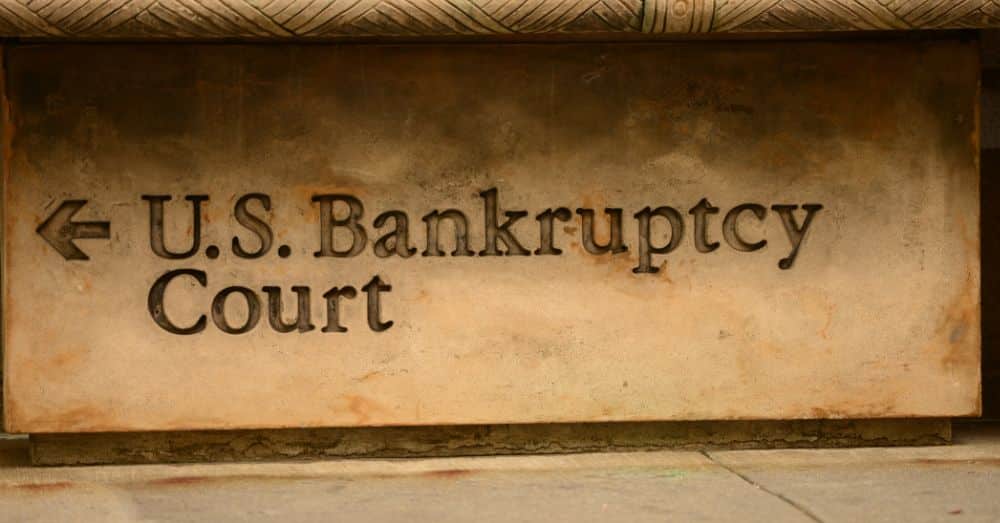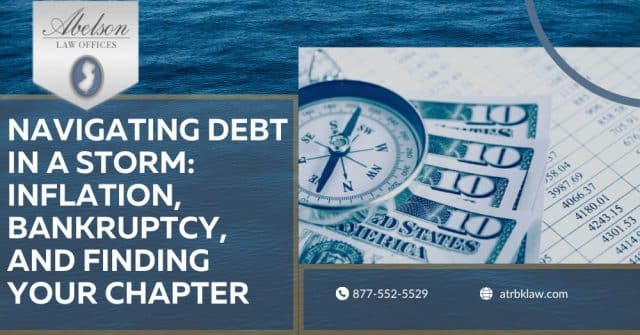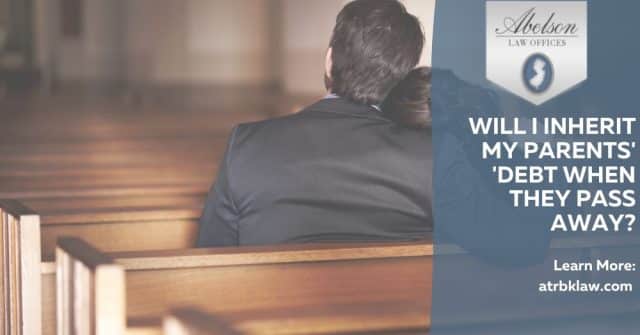October 17, 2015 marked the ten year anniversary of the implementation of the 2005 “reform” legislation (entitled the Bankruptcy Abuse Prevention and Consumer Protection act and commonly known as BAPCPA.). While some of the doom and gloom predictions that the Bankruptcy practice would be eradicated in this country were obviously overstated and have proven utterly groundless, it would equally be inappropriate to deny the reality that the practice has substantially changed in these years- and has become much more difficult, aggravating and expensive for bankruptcy debtors.
Some of these changes were foreseen (and intended by the financial services industry which pushed tirelessly and financially near limitless for a decade to enact this legislation) such as the two step counseling requirements, the voluminous documents which must be obtained and provided to the Trustee or maintained to ensure counsel has performed a “diligent inquiry,” and most significantly the imposition of means testing as a vehicle of compelling more people to file Chapter 13 repayment plans. I would suggest from ten years of hand on experience that with few exceptions, all of these revisions have done little or nothing to curb the perceived or alleged “abuse” and simply increased the burden and stress on individuals already at their financial wits end. Those who choose to game the system (the numbers of which were always overstated for political purposes) can and do find ways to continue to do so under the new laws.
More alarming are the insidious changes that have transpired in the past 10 years as a result of this apparent shift in focus from what was always the intent of the Bankruptcy Code – protecting debtors and offering a fresh start to financially challenged Americans. Now, it appear to many including this counsel that we are facing a legislatively sanctioned disapproval and suspicion of bankruptcy debtors and attempt to grind out that last piece of salt for the benefit of creditors. Some Courts have blatantly stated that they believe Congress intended by the law to make Debtors pay every last dime possible and have interpreted the legislation accordingly. In short, in many quarters, it has arguably become a “war” on Bankruptcy Debtors. The practice has become vastly more adversarial than ever was the case prior to BAPCPA.
The truth is that it is in fact a much harsher world to be a bankruptcy debtor. The Chapter 7 trustees have become far more aggressive in seeking to identify and locate assets which the debtors may only have a tangential or debatable interest – thus creating additional legal costs to the Debtors even if successful in defending the attack. The Chapter 13 Trustees have as well become more adversarial as they seek to ensure that Debtors pay all of their “disposable income” over the Chapter 13 plan for the benefit of creditors. And the Courts have not been reticent at all in enforcing the strictest provisions of the BAPCPA laws against the interests of bankruptcy debtors. Perhaps this may ebb somewhat over continued time.
None of the above is a reason to avoid a bankruptcy filing if necessary to eliminate overwhelming debt or to restructure one’s financials. It is no longer for the faint of heart, however. There must be a realization at the outset that the process may be a bit arduous and seemingly inhumane, but ultimately beneficial – and the alternative of doing nothing remains unacceptable. The relief is still there at the end of that tunnel. One must further ensure complete and full disclosure to avoid potential issues and the need for competent and zealous legal representation is more important an ever.




